NECTA Form Four Exam or so-called CSEE is the Form Four national examination administered annually by the National Examination Council of Tanzania NECTA, to all ordinary-level (O level) candidates in Tanzanian education.
It evaluates students’ knowledge and skills after completing four years of secondary education.
What does CSEE stand for?
CSEE stands for Certificate of Secondary Education Examination, a certificate achievement test awarded to candidates who completed four years of secondary education. Certificates are offered to all candidates who have principal passes on their form four results.
Normally the award comes after the results which marks an important milestone to all form four leavers and can be used as an important document for various purposes.
The examination Calendar
CSEE is administered in the first week of November every year.
- Download >>2025 NECTA Form Four (CSEE) Timetable
Objectives of Form Four Exam
The primary objectives of the CSEE are multifaceted. It assesses students’ comprehension across various subjects, evaluating their ability to apply knowledge in addressing societal challenges. Moreover, it identifies candidates capable of advancing to higher education and other learning institutions.
NECTA Form Four Exam format (CSEE Format) 2025
Each subject has an examination format that describes the structure of the examination paper, the rubric, and the content the examination paper has to cover. The details of the subjects examined are shown in individual examination formats, which can be accessed in the examination formats link.
Who is eligible to sit for the Form Four Examination (CSEE)?
Candidates eligible for the CSEE are those who have completed four years of secondary education and passed the Form Two Secondary Education Examination or equivalent qualifying tests. Private candidates (Resitters) who are repeaters also qualify under specific conditions.
Subjects Examined in CSEE
The CSEE categorizes subjects into three main groups. Below is the list of subjects that are examined in the CSEE with their respective subject codes according to their categories:
Core Subjects
These are compulsory subjects that each candidate must take on.
Subject Code
Subject Name
011
Civics
012
History
013
Geography
021
Kiswahili
022
English Language
033/1, 033/2A, 033/2B, 033/2C
Biology (With practical A, B, and C)
041
Basic Mathematics
Additional Subjects
Candidates choose two additional subjects from either Natural Sciences, Business Studies, Home Economics, or Technical Subjects.
Subject Name
Subject Codes
Physics
031/1, 031/2A, 031/2B, 031/2C
Chemistry
032/1, 032/2A, 032/2B, 032/2C
Commerce
061
Book Keeping
062
Food and Human Nutrition
051/1
Textiles and Garment Construction
052/1, 052/2
Engineering Science
035
Building Construction
071
Information and Computer Studies
036/1, 036/2
Optional Subjects
Candidates can opt for one optional subject from a diverse range of subjects
Subject Name
Subject Codes
Bible Knowledge
014
Elimu ya Dini ya Kiislamu
015
Fine Art
016/1, 016/2
Music
017/1, 017/2
Physical Education
018
Theatre Arts
019
French Language
023
Literature in English
024
Arabic Language
025
Chinese Language
026
Architectural Draughting
072
Electrical Draughting
082
Electrical Engineering
080
Engineering Drawing
091
Manufacturing Engineering
088
Engineering Electronics Draughting
083
Wood and Painting
074
NECTA Form Four Exam Results CSEE
Results are typically released a few weeks after the November exams. They play a pivotal role in determining students’ academic progression and career opportunities. Below are some of the previous exam results
Advantages of CSEE
Achieving success in the CSEE opens doors to higher education opportunities like Form Six Education (ACSEE), vocational training, and career paths. It equips students with essential skills in critical thinking, problem-solving, and application of knowledge, vital for personal and national development.
The CSEE stands as a pivotal examination in Tanzania’s education system, shaping the academic and professional futures of thousands of students annually. Beyond academic prowess, it fosters holistic development and prepares individuals to contribute meaningfully to society.
In conclusion, the NECTA Form Four Exam (CSEE) not only evaluates academic proficiency but also serves as a gateway to broader educational and career prospects, ensuring Tanzania’s youth are equipped to tackle future challenges effectively.

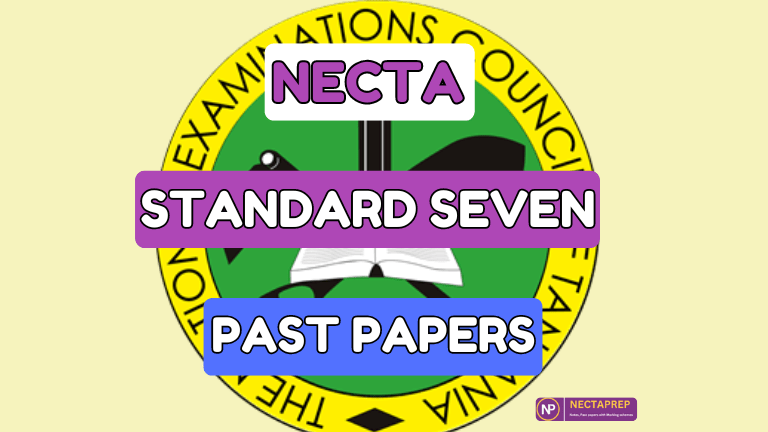
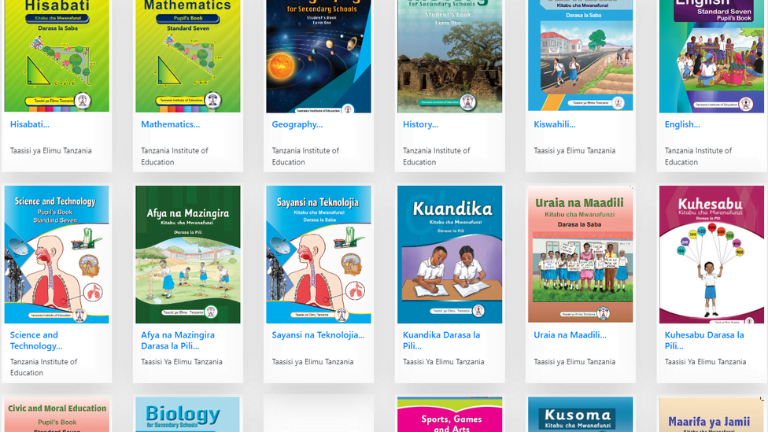

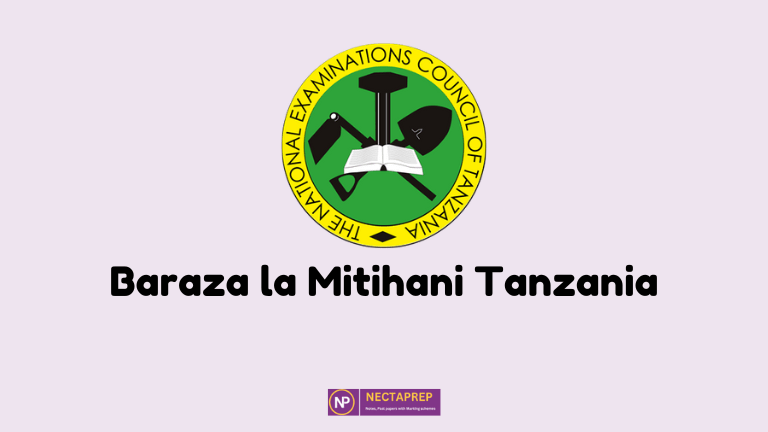

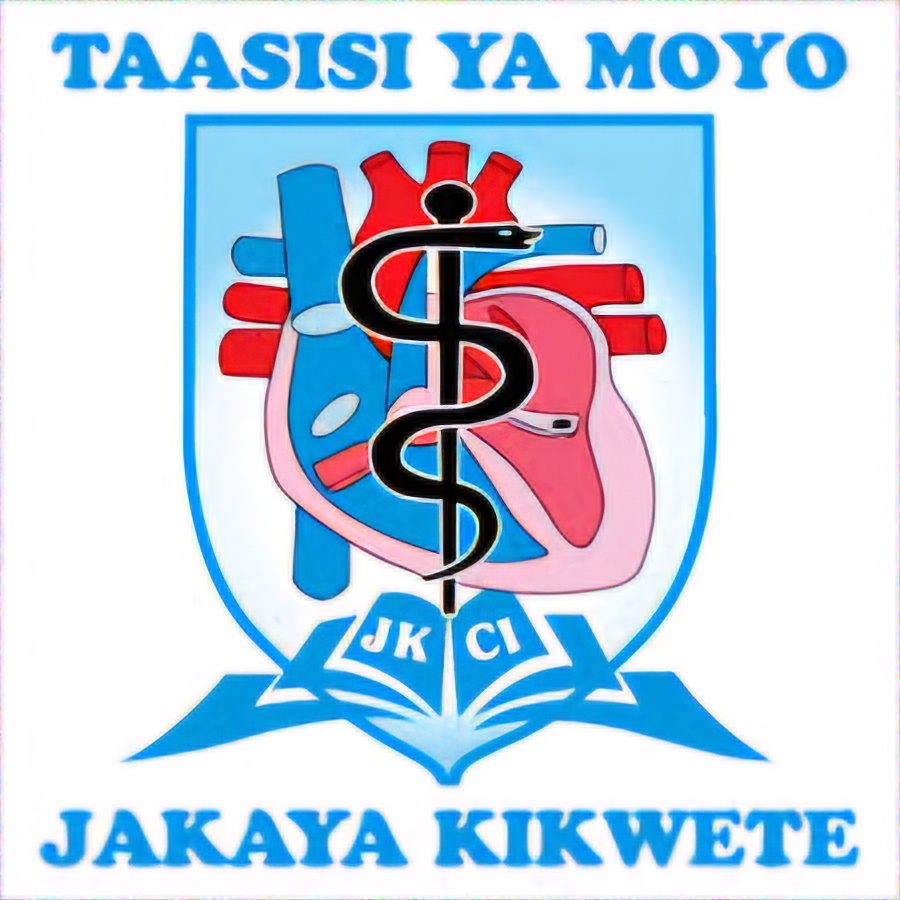
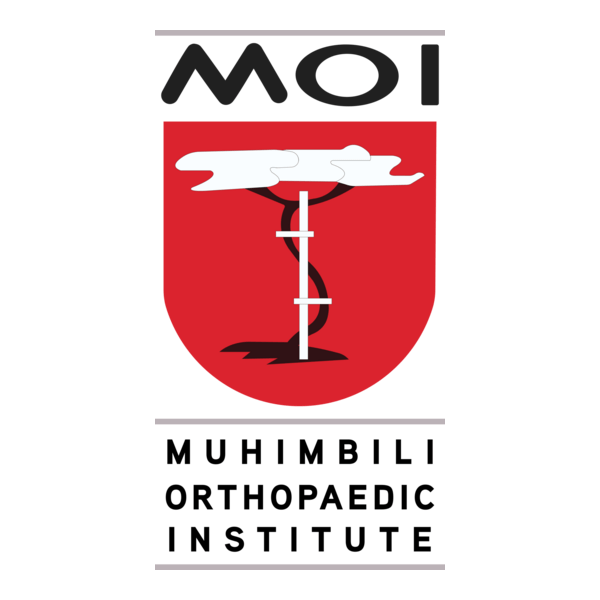




Leave a Reply